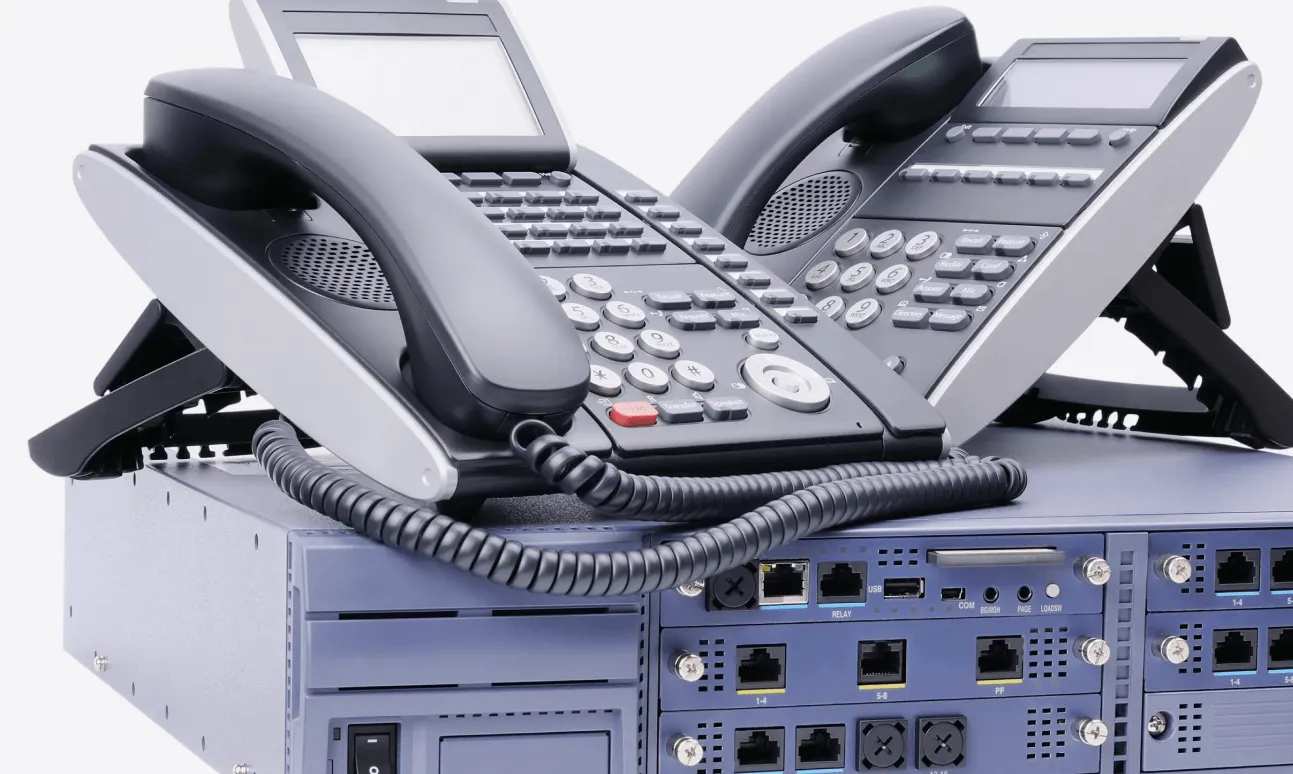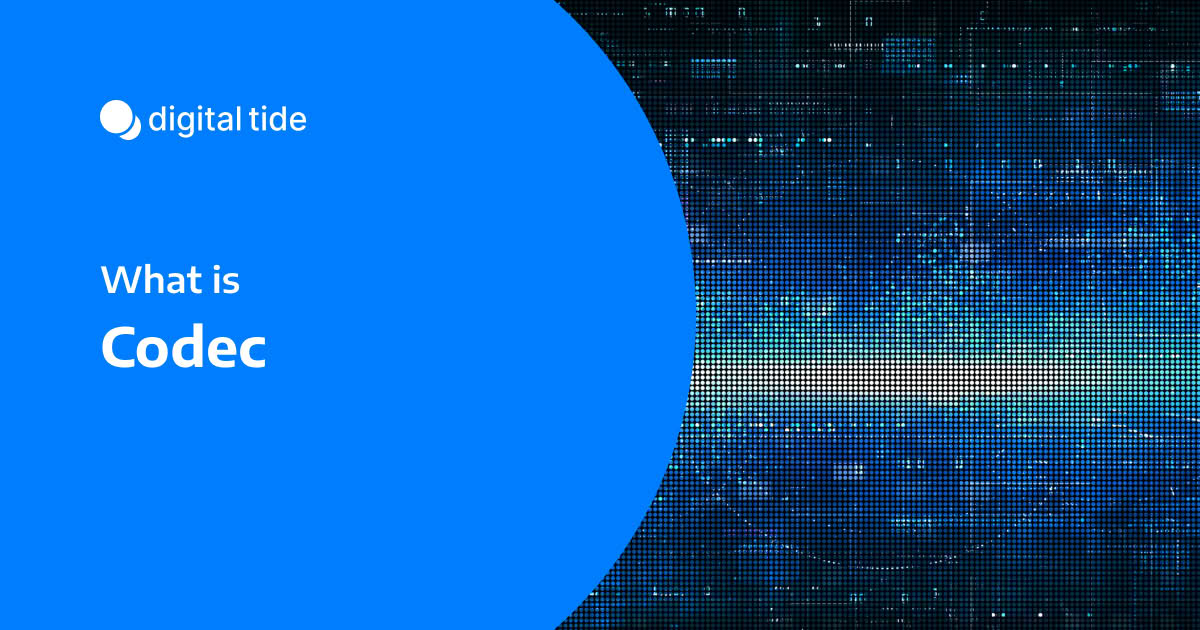

Codecs
What are Codecs?
A Codec is a software program or hardware device that processes and transforms data streams, particularly for digital communications. The term itself is a blend of the words "coder" and "decoder," which perfectly describes its two-part function.
- COder (Compression): It takes an analog signal, such as the sound of your voice, and converts it into a compressed digital format. This compression is crucial because it reduces the size of the audio data, making it much easier and more efficient to transmit over an internet connection.
- DECoder (Decompression): When the digital data reaches its destination, the codec reverses the process. It decompresses and decodes the digital packets back into an analog signal that the recipient can hear as clear, audible sound.
Think of a codec like a digital ZIP file for your voice. It packages your voice into a smaller, more manageable size for sending and then unzips it on the other end so the person you're speaking to can hear you.
Without codecs, the raw digital audio data from a phone call would consume a massive amount of bandwidth, making real-time communication over the internet impractical. Different codecs are designed to strike a different balance between audio quality and the amount of compression, allowing for clear calls even on networks with limited bandwidth.
Keep up with
the latest updates
We’ll send only what’s worth reading — promise
Thank you! Your submission has been received!
Oops! Something went wrong while submitting the form.



